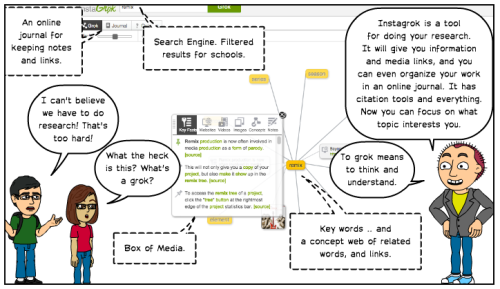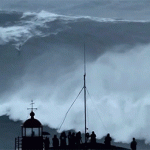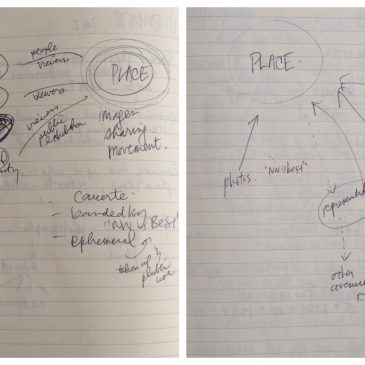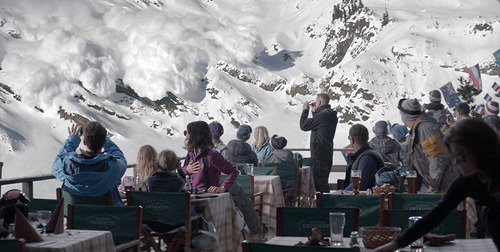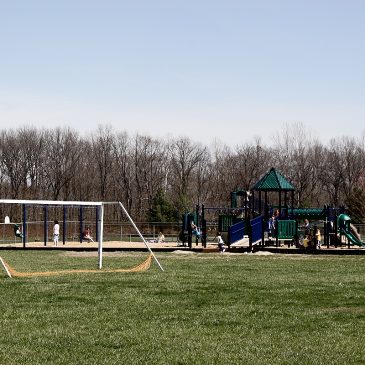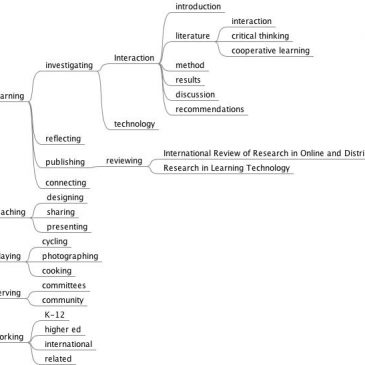So in my other life away from TRU I am the current Chair of the Kamloops Film Series. This is a series of feature films we show in three series; Spring, Winter, and Fall. The final film in our Fall series of 2014 we showed the wildly popular The 100-Year Old Man Who Jumped Out The Window and Disappeared. It was our first Series sellout in many years. We had some technical problems with the digital version of the film.
What happens now in modern cinemas is the distributor will send out a DCP which is a hard drive containing many versions of the film. The different versions may be a dubbed version, an English Subtitled version, and a French Subtitled version. This DCP is ingested into a computer at the theatre a few days before the screening. The manufacturer of the DCP will then send via email and electronic code called the KDN. This digitally unlocks the version of the film for a specific duration of time. All of this to avoid piracy.
Before the screening of the 100-Year Old Man the server crashed and was no longer accepting the KDN. So, the theatre manager frantically tried to contact the distributor, and the manufacturer to get a new KDN. We finally got it 5 minutes after the film was scheduled to start. Which is fine since I was delaying the start to allow the large crowd to find popcorn and seats. An average Film Series screening is about 240 people. We had close to 500 in the theatre.
The film starts with the 100 Year Old man himself narrating his childhood. We catch up to the modern era where he is waiting in his nursing home room for the staff and mayor to come in with a cake to celebrate his birthday. Suddenly all the characters are speaking Swedish. This goes on for too long with no subtitles. With a big sigh I get out of my seat and find the manager. She tries to restart the film with subtitles as I announce what is happening to the expectant crowd. We restart and again no subtitles. With no other recourse I let it run. As it turns out there are about 5 different languages including English throughout the film. For the most part the film is a slap stick comedy so you can get the gist of what is happening. Also a large part of the crowd were not regular Film Series audience but came because the film is based on a very popular novel of the same name.
Basically we had about 20 people leave but the rest stuck it out. Amazingly the audience was talking and laughing as they were leaving in a way that normally didn’t happen after a film series screening.
So with trepidation we screened Force Majeure last night. Another Swedish film with English subtitles. I contacted the manufacture to confirm the KDN was correct and we would have a version of the film with the subtitles. Everything went well. The movie was tremendously powerful. But then during the final moments of the film the lights suddenly went up and the screen went black. No credits just black screen. I jumped up and tried to find the theatre manager, but she wasn’t there, so the kid working there called her and got directions on how to restart the film. While he was working on that I went to the front of the theatre and announced we were going to try to restart, but by now a large portion of the audience left. So we scroll through the opening trailers and finally can fast forward to the point in the film where we left off. People file back in, mostly standing in the aisles. The film starts where we left off and then 20 seconds later ends and the credits start to roll. So we lost only 20-30 seconds in the first instance.
I was furious. Had a couple people comment their disappointment to me as they were leaving but none more disappointed than me.
So what happened? The manager programmed a start and end time for the show but because of the trailers that played before the film it pushed the film past that time. I was so frustrated because I am the public face and the majority of the audience doesn’t know how this kind of problem occurs and assumes it is my incompetence.
The amazing thing was everyone laughed quite a bit when we all realized that we had only missed 30 seconds of watching a group of people walk down a mountain road. The abrupt ending we had first experience thematically mirror the shock and chaos of the avalanche scene in the film.
These two events have made me realize the strong sense of community that our audience has. Before the screening I was also pondering getting rid of selling our membership cards separately and just adding the membership to the tickets to make the process at the door smoother. I voiced this thought to friend, as we were chatting. He said he thought that would probably be a mistake because people liked having this little card to let them identify with this community called the Kamloops Film Society and it possibly gives them that sense of belonging.
The shared experience of sitting through an entire film with no subtitles and laughing not only at a film you can barely understand but also the absurdity of the situation was something that probably wouldn’t have happened with just a general audience. Our audience knows they are part of a group, they recognize each other from the various screenings over the years.
This is why I feel the Film Society is important to Kamloops. Nobody would have continued to watch a film without subtitles on Netflix. But sitting together, laughing together and coming out with smiles acknowledging that we had all gone through this experience together. Very memorable.


